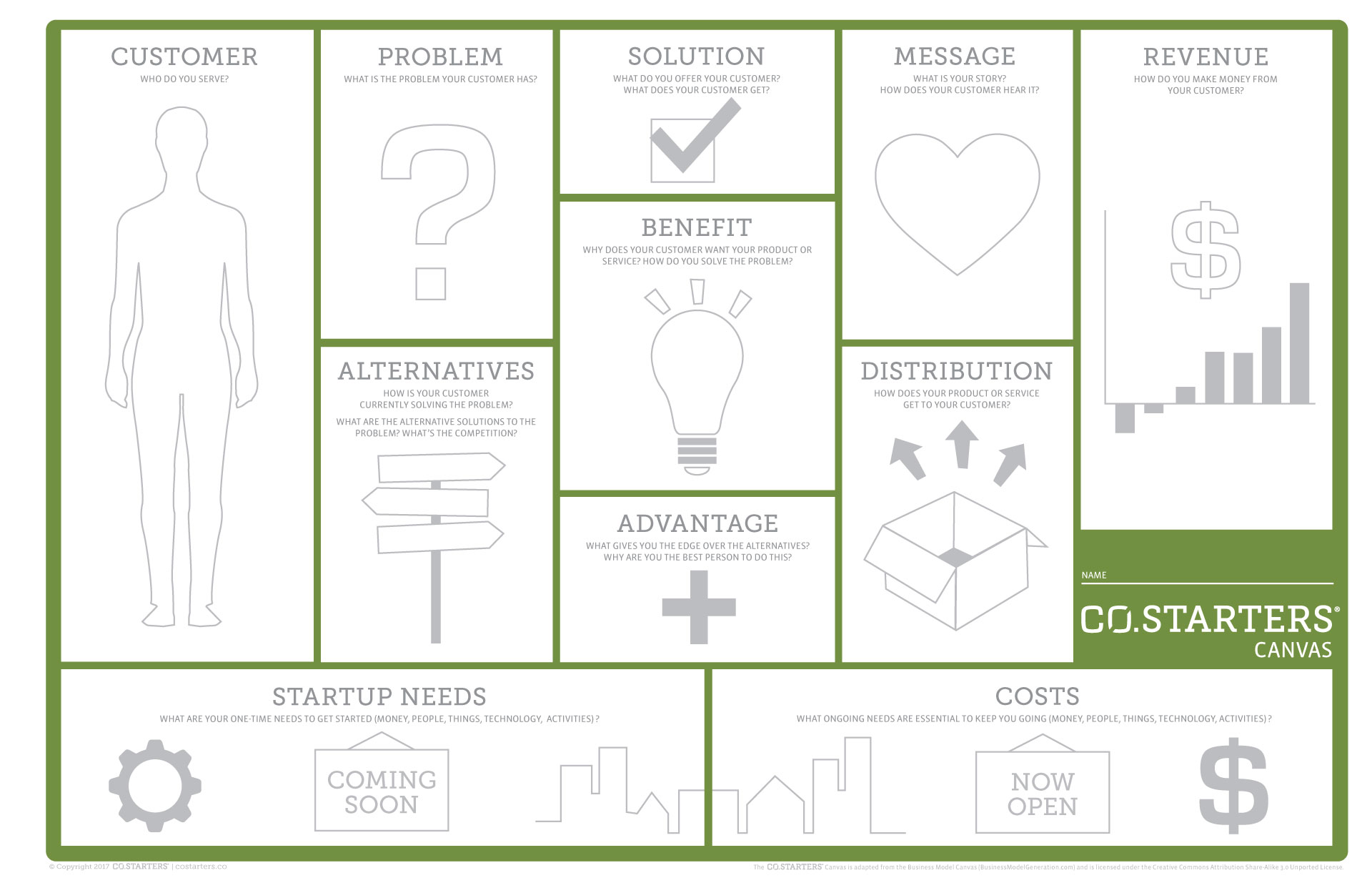What you need to do (and what you don’t) to sell in a digital world.
COVID-19 has brought tech-stress to an all-time high among many entrepreneurs. If you were used to selling your products at a farmer’s market, wholesale through restaurants, or through an old fashioned brick and mortar store, you have likely experienced the race to digitize.
“DoorDash.” “Shopify.” “Square.” “SEO.” “Develop a social media marketing strategy.” “Have you looked into website development?” “What’s your e-commerce game plan?” A sudden downpour of advice from business writers and influencers across the internet has hit small business owners as rapidly and forcefully as the shutdowns themselves.
Many entrepreneurs have felt lost in the frenzy of getting business online, thinking What if I’m not good with technology? Will I just lose out on everything? Do I really need to build an entire website to survive?
To address these concerns, we welcomed Dane Johnson from The Nice Center. In mid-March, Dane and his team announced that they would help anyone in North Dakota who needed help moving their business online. They have since helped over 70 businesses get equipped with the digital tools they need.
In this week’s Straight Talk with Starters session, Dane shared some general advice and best practices for entrepreneurs who are anxious about going digital.
Start small.
Not every business needs a website. One more time: Not every business needs a website. Don’t focus on getting one if your business doesn’t need it. Maybe all you need is an email list that you can upload into MailChimp. You can even set up online ordering through Facebook Shops.
Your digital presence should only be what you need it to be, nothing more. As Dane quipped, “A pretty website is like the fancy exterior to a restaurant. It might convince newcomers to consider you, but it won’t convince someone who already intends to go to a different restaurant.”
Go to your customer.
Many entrepreneurs think they can set up a website and then business will come automatically. But unfortunately, this isn’t the case. If no one knows how to get to your website, no one will ever see it.
Think of it this way. Your customers live somewhere on the internet. If your customers are people who love baking, then they probably live in the comments sections of food blogs and online baking forums. If your customers are young people who care about the environment, they probably live in environmental activist spaces, like Facebook groups or subreddits. Wherever your customer lives, go there. Don’t just set up a website. Pitch your product directly to your customers.
And by the way, if you’re having trouble thinking of who your customer is in a more specific way than “everybody,” check out our Refocus workshop.
Talk to your customer.
Let’s be honest: online marketing can sound pretty daunting. When you hear the word “marketing,” you might think about a used car salesman who uses too much pomade. Marketing can sound like a game you need to play.
But this isn’t right at all. At its heart, marketing is just talking to your customer. It’s what you say and how you say it. That’s all. Lots of entrepreneurs get stuck on what exactly to say to their customers, but this is usually because they think of their “customers” as an abstract group of nameless, faceless people.
Try this. The next time you sit down to write an email to your customers or post on Facebook, think of someone who has already bought your product. Write the email or Facebook post to that person. Hold the image of their face in your mind.
Easy, right?
Simplify your online presence.
You don’t need to be on every social media platform to sell online successfully. In fact, it can be distracting for customers if you are seemingly everywhere at once but nowhere in particular. Once you establish an online presence, customers will find you in the places on the internet you are the most active. If you’re already on Facebook, stick with Facebook. But be active and engage with customers in comments and tagged posts.
If you find you aren’t using a platform that you have an account with (for example, if you have a Twitter account but don’t really post much), delete it! You won’t turn any customers away by doing so—on the other hand, you’ll be focusing your communication in one place. This leads to clearer, more compelling marketing.
Our many thanks to Dane and his great advice for getting online. Remember: start small, don’t overcomplicate, and focus on your customer.
 Dane Johnson is the Entrepreneurship Programs Manager at The Nice Center at North Dakota State University. Dane helps students, faculty, and community members solve problems through empathy and innovation. He is the co-founder of a specialty coffee roastery in Northern California called Clementine Coffee Roasters, and a community-building nonprofit in Fargo, ND, called Folkways. Over the last decade, Dane has served in leadership roles at the intersection of education and entrepreneurship with Experience Institute, 1 Million Cups, and CO.STARTERS.
Dane Johnson is the Entrepreneurship Programs Manager at The Nice Center at North Dakota State University. Dane helps students, faculty, and community members solve problems through empathy and innovation. He is the co-founder of a specialty coffee roastery in Northern California called Clementine Coffee Roasters, and a community-building nonprofit in Fargo, ND, called Folkways. Over the last decade, Dane has served in leadership roles at the intersection of education and entrepreneurship with Experience Institute, 1 Million Cups, and CO.STARTERS.
Since mid-March, The Nice Center has been offering digital marketing and website-building services to business owners across North Dakota. As a result of physical distancing, getting online was the only option businesses had to engage with their customers. Since they began offering this service The Nice Center has supported more than 70 businesses across the state, and has received grant funding to continue offering this service to farmers and producers.





